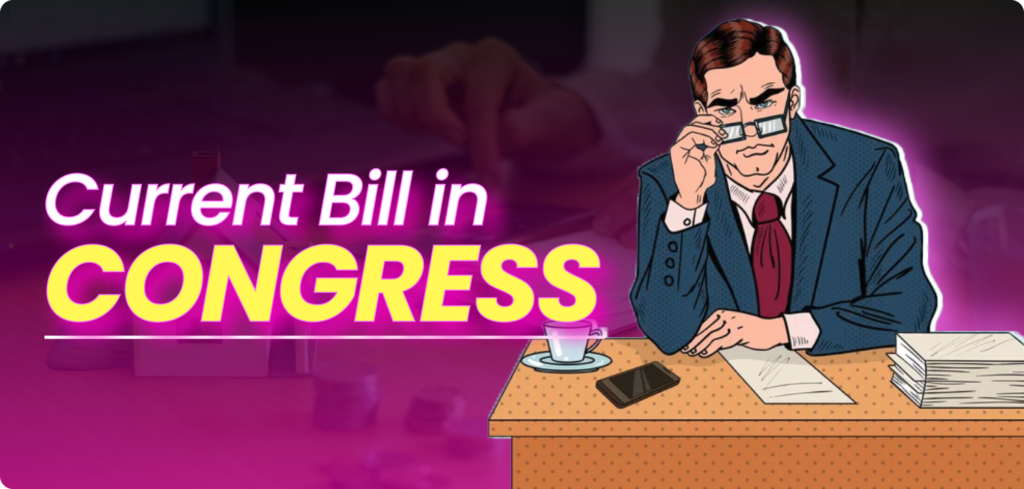The Truth About Trigger Leads: Revealing the Potential Pitfalls

What Are Trigger Leads?
Trigger leads, a widely debated practice employed by credit bureaus, involve promptly notifying lenders when an individual applies for credit, regardless of the purpose—whether it be for a new credit card, a mortgage, or an auto loan. The fundamental concept behind this practice is to provide other lenders with the opportunity to present competing offers, potentially benefiting consumers with more favorable terms. However, this controversial method has raised significant privacy concerns within the credit industry, as it can result in unwelcome solicitations and potentially compromise personal information. Consequently, individuals are increasingly expressing apprehensions about the use of trigger leads, calling for a reevaluation of its implementation and stricter regulations to safeguard consumer privacy.
Did my lender sell my information?
The short answer is: No, your lender did not sell your information, the credit bureaus sold your personal information. When you apply for a loan, your personal and financial information becomes vulnerable as a trigger lead. The credit bureaus willingly sell this data, including your name, address, and credit history, to other lenders who might exploit your information for their own gain.

You might wonder why the credit bureaus engage in such unethical practices. Well, the credit bureaus prioritize their own profits over consumer privacy. They act as intermediaries, profiting from the exchange of your sensitive information between lenders. By selling your data, the credit bureaus enable other lenders to assess your creditworthiness without your consent or control. This invasive information sharing undermines your privacy and puts you at risk of identity theft and financial exploitation.
Now, you may have justified concerns about the extent of information being shared and the lack of control over your personal data. The credit bureaus, however, disregard your privacy rights and only share what benefits their bottom line. They disclose more than just the necessary details, potentially exposing your entire financial life to unknown entities. This blatant disregard for consumer privacy raises serious ethical questions about the credit bureaus’ practices and their true motivations.
While the lending ecosystem may rely on information sharing, it should not come at the expense of consumer protection. The current system fails to adequately safeguard consumer personal information and puts individuals at risk. We must demand stronger regulations and stricter privacy measures to protect consumers from the exploitative practices of lenders and credit bureaus.
Trigger Leads Opt Out: How to Prevent Being a Victim
To avoid falling prey to trigger leads, you have the option to opt out of prescreened offers. This can be accomplished by visiting the official website of the Consumer Credit Reporting Industry. By exercising this choice, your credit file information will not be utilized for prescreened offers of credit and insurance for a period of five years. This proactive step empowers you to safeguard your personal information and maintain control over how it is utilized in the financial landscape. Once you complete the trigger lead opt out, it may take up to 5 days so be sure to do this early within the process.

By opting out of prescreened offers, you are taking a proactive measure to protect your privacy and reduce unwanted solicitations. This choice ensures that your credit file information will not be used for pre-approved credit and insurance offers, giving you peace of mind and control over your financial information. It’s a simple yet powerful step towards safeguarding your personal data and maintaining your financial autonomy.
If you want to take it a step further, you can also:
- Register for the Do Not Call list
- Get rid of junk mail with DMA choice
Why are Credit Bureaus Selling My Information?
This is a common and pressing question that many consumers ask when it comes to credit bureaus. The unfortunate reality is that credit bureaus, as part of their business model, primarily generate revenue by selling data to various entities. This data includes sensitive information about individuals’ financial history and creditworthiness. While credit bureaus may argue that the practice of selling data, including trigger leads, can potentially benefit consumers by fostering competition among lenders, leading to better terms or rates, it is important to note that this practice often raises significant concerns regarding consumer privacy and data protection.

Many consumers express a growing unease about the extent to which their personal information is being monetized without their explicit consent. They worry that the sale of their data infringes upon their privacy rights and raises important questions about the ethical implications of data monetization. The issue becomes even more complex as technology advances and data breaches become increasingly common. Consumers are left wondering who has access to their data, how it is being used, and whether their sensitive information is adequately protected.
In light of these concerns, there is a growing demand for increased transparency and accountability from credit bureaus regarding their data practices. Consumers are calling for stronger regulations to ensure that their privacy rights are respected and that their personal information is handled with the utmost care and security. As the debate continues, it is crucial for individuals to stay informed about their rights as consumers and to advocate for responsible data practices that prioritize privacy and data protection.
Trigger Leads Abatement Act of 2023
Currently, HR 2656, also known as the “Stop Marketing and Revealing the Information of Consumers Held by the Government Act,” is being considered in Congress. This bill aims to protect consumer privacy by prohibiting credit bureaus from using or sharing personal information for marketing purposes without explicit consumer consent. It represents a significant step towards establishing stricter regulations and safeguards. If passed, individuals would have greater control over their personal data, preventing misuse or exploitation for targeted advertising or commercial purposes. HR 2656 addresses the growing concerns surrounding data privacy and serves as a crucial measure to safeguard consumer rights in an increasingly data-driven world.

Many types of lenders, including mortgage lenders, credit card companies, and auto loan providers, exploit trigger leads. These leads are viewed as a means for these companies to prey on potential customers who are actively seeking a loan, creating a one-sided situation that benefits the lenders. By capitalizing on trigger leads, lenders can selectively target individuals who have already shown interest in obtaining a loan, maximizing their chances of converting them into long-term customers.
The Impact on Consumers by Not Opting Out
By not opting out of trigger leads, you open yourself up to a flood of unwanted credit offers. Imagine receiving as many as 200 texts and calls within just 48 hours, bombarding your mailbox and inbox with countless solicitations. Dealing with this constant barrage can be incredibly frustrating and time-consuming, requiring you to sort through and discard each offer.

But it’s not just the annoyance factor. There is a real risk that these unsolicited offers could fall into the wrong hands and potentially lead to identity theft, further complicating matters. It’s deeply unsettling to realize that your personal information is being bought and sold without your knowledge or consent, leaving you vulnerable to potential misuse.
Protecting your privacy is paramount in an increasingly interconnected world. Taking proactive steps to opt out of trigger leads can help safeguard your personal information, provide peace of mind, and save you from the overwhelming onslaught of texts and calls.
Conclusion: Mortgage Trigger Leads
In conclusion, while trigger leads may provide some benefits in terms of competitive lending, it is crucial to consider the potential negatives associated with this practice. The invasion of privacy and the possibility of receiving unwanted solicitations are genuine concerns that many consumers and lawmakers are keen to address. Therefore, there is a growing demand for regulations to govern the use of trigger leads.
As responsible consumers, it is essential for us to stay informed about these practices and take proactive steps to protect our personal information. By maintaining a vigilant approach and being mindful of our privacy rights, we can navigate the lending landscape with confidence and ensure that our personal data remains secure.
Want to learn how to protect your identity during the home buying process?
Book a call or Call us Today!
About the Author

Reed Letson
Reed Letson goes beyond being a mortgage broker; he’s a trusted advisor, guiding clients through significant financial decisions. As an industry veteran since 2004, Reed has been making homeownership dreams come true. With almost two decades of experience, he has adapted to the real estate market’s ups and downs. Reed’s extensive mortgage knowledge and understanding of the real estate landscape allow him to offer tailored advice to each client. He takes pride in educating clients and ensuring they are confident in their decisions. Trust Reed Letson and the Elevation Mortgage team to turn your homeownership dreams into reality.